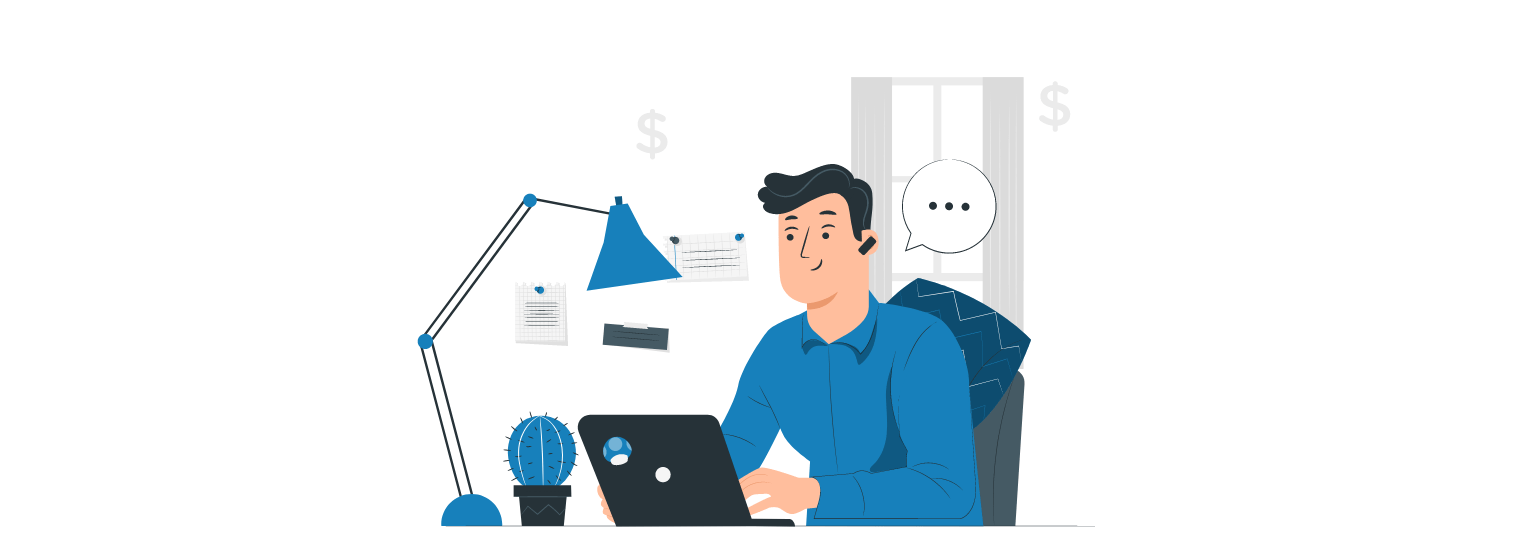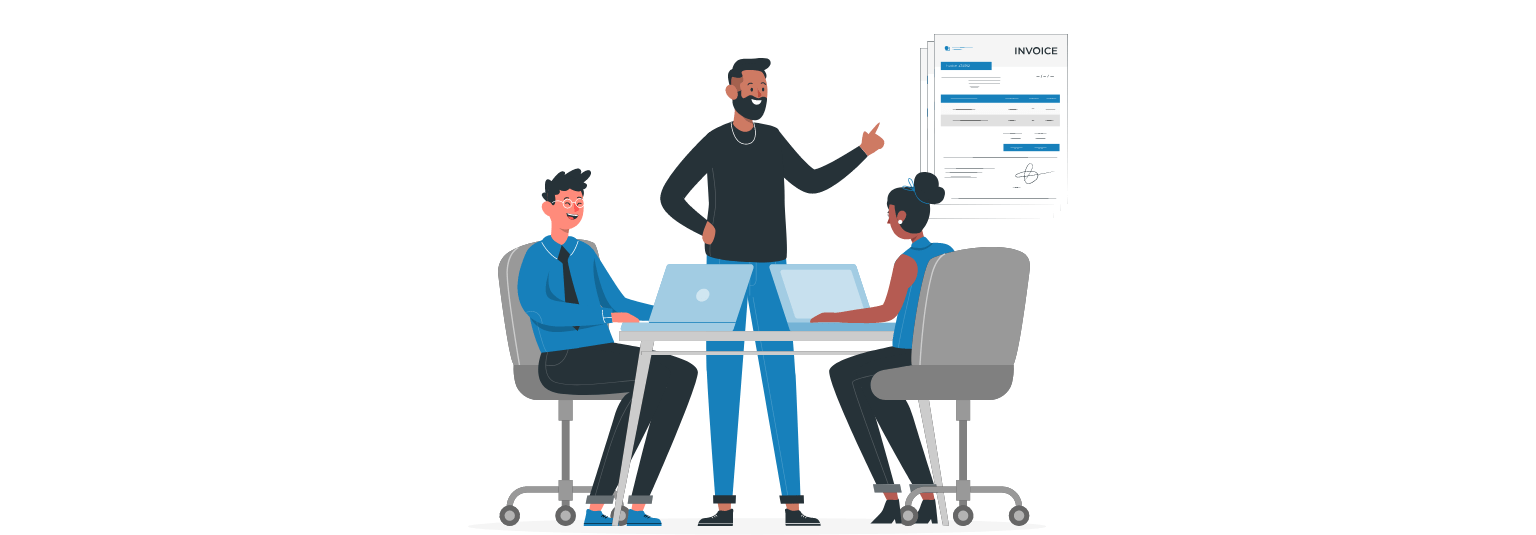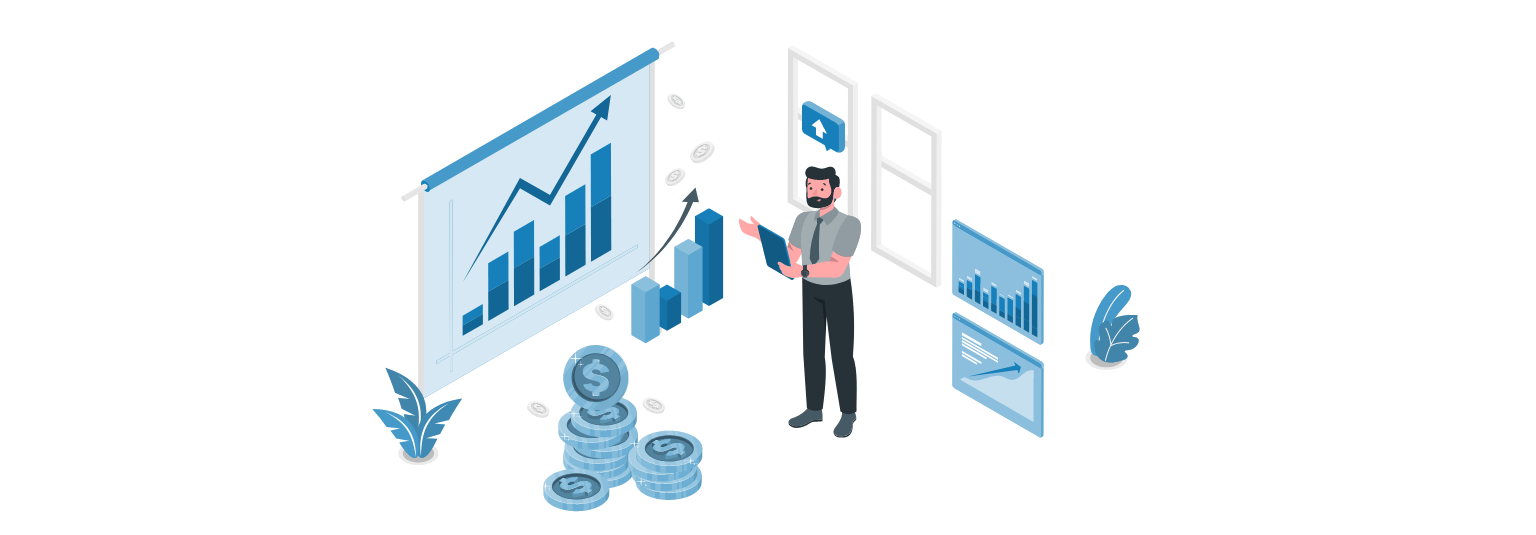What if you receive a million dollars for every late payment and fund shortage associated with delayed payments? It sounds like a dream for even the seasoned business owners but cash flow challenges are common with a lot dependent on vendors and customer payments. With multiple vendors to deal with and surging expenses, you end up running behind your customers and it all goes in vain. Business invoice factoring is one way to get funds if customers delay your payment or follow a stringent payment cycle.
This blog will detail key points about online invoice factoring and how you can leverage it to your advantage.
What Is Business Invoice Factoring?

Business or online invoice factoring is selling your unpaid invoices to a third party in exchange for advance cash. The invoice is sold at a discount and is ideal for companies who are dealing with cash flow issues for short-term expenses.
How Does the Business Invoice Factoring Mechanism Work?

Invoice factoring begins at the moment when you invoice your customers for the goods/services they have purchased. Post that you need to contact a factoring firm, fill in their application process, and sell them your pending invoices.
Once you clear the screening process, you will need to sign an agreement and decide on an initial amount you can borrow as an advance.
Your chosen factoring firm will pay you within 1-4 days. The amount will vary from 75-90% of the invoice amount. It will depend on your industry and the size of your translation. Once you have collected your advance, you will receive a notice of agreement about the invoice factoring loan.
When your customer pays you, the factoring firm will take their fee and transfer the balance to you. This fee is also known as the discount rate.
You will be charged on a weekly or monthly basis and the amount will increase if customers take time to pay the amount. The rate varies from 1-5% depending on the industry.
Let’s try and understand it via an example.
Suppose you create a $1,000 invoice and you sell it to a Factoring firm. They agree to buy your invoice for $750 (i.e.) 75 % of the total amount.
Now, the onus of collecting your invoice lies on the firm. If the firm charges a 3% fee for 30 days your customers take to pay the invoice, the fee would be $30 for each month.
Assuming you receive the payment in 30 days. You will be receiving 15% of the remaining payment minus the $30 fee. So, you receive $120 post-invoice clearance. Thus, you receive $970 / $1,000.
How Do Companies Qualify for Online Invoice Factoring?

If you wish to send your invoices for factoring, you will need to have all these in place:
- Invoices to factor
- Creditworthy clients
- Completed application for factoring
- An accounts receivable aging report
- A business bank account
- A tax ID number
- A form of personal identification
Pros and Cons of Invoice Factoring Solutions

Pros of Business Invoice Factoring:
1. Fast Cash
The best part about business invoice factoring is that you get access to working capital. You can easily pay your vendors, cover business expenses, and cover gaps due to slow-paying customers.
2. Improved Cash flow
Let’s be real. Your clients also face cash crunches now and then. Invoice factoring is one way to keep loyal customers while maintaining your cash flow to grow your business.
3. Simplified Process
Factoring companies give priority to your invoices while conducting a thorough credit check of your customers. Thus, poor credit histories have a lesser impact on your invoices as opposed to traditional loan setups.
4. Eliminates Need for Collateral
Selling your invoice doesn’t require any kind of collateral like inventory or real estate.
Cons of Online Invoice Factoring
1. Can Be Expensive
You might feel that the fee is affordable at first. However, it can add up in no time if your customer takes too long to repay. You also need to account for application fees, processing fees, credit check fees, and late fees if your client has a bad history of payments.
2. Not Ideal for All Businesses
Invoice factoring is ideal for B2B companies. Businesses working directly with consumers won’t qualify for this option.
3. Loss of Direct Control
Handling your accounts receivable to a factoring firm means giving your customer relations in the hands of a stranger. You can only hope that your relations are not impacted negatively.
Accounts Receivable Simplified

Streamlining your accounts receivable (AR) can be strenuous. The whole process of business invoice factoring can take a toll on your accounts team. Thus, the best way forward is to leverage automation and analytics to avoid such issues.
With the right tools, you can look forward to sending timely invoices, improving cash flows, cutting unnecessary costs, and fostering better customer relations.
If you are looking for an efficient and automated AR solution and are operating in the hospitality industry, Zebo is here to rescue. You can look forward to:
1. Effortless AR management
2. Integrated Document Management
3. Simplified Collaborations
4. BI Process and Reporting
5. Payment prioritization and accurate forecasting
6. Top-notch expert support.
Wait, the list doesn’t end here!
Precise invoice parsing via AI/OCR techniques, bots for automated data interchange, and leveraging large language models for invoice matching are some functionalities you would not want to miss.
FAQs
1. When is invoice factoring needed?
Invoice factoring can come in handy if you are facing cash flow challenges. It is a quick way to boost your working capital. However, factoring firms can take away a significant portion of your revenue.
2. What are the two types of business invoice factoring?
Recourse and non-recourse factoring are two types of online invoice factoring. The difference lies in fee structure, qualifying requirements, and parties responsible for non-payment.
3. Are there any risks involved in invoice factoring?
The potential for non-payments is a significant risk involved in invoice factoring.
4. What is the cost of invoice factoring?
The cost of invoice factoring lies between 1-5% of the value of invoices factored
5. Do banks offer invoice financing?
Traditional banks and credit unions typically don’t offer invoice financing.



